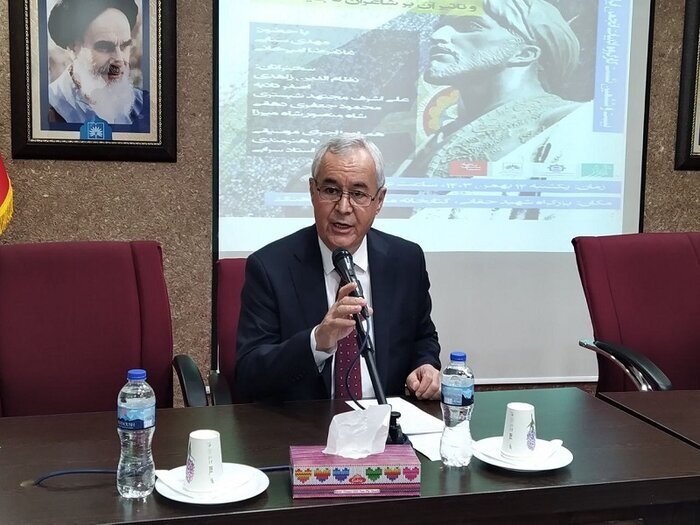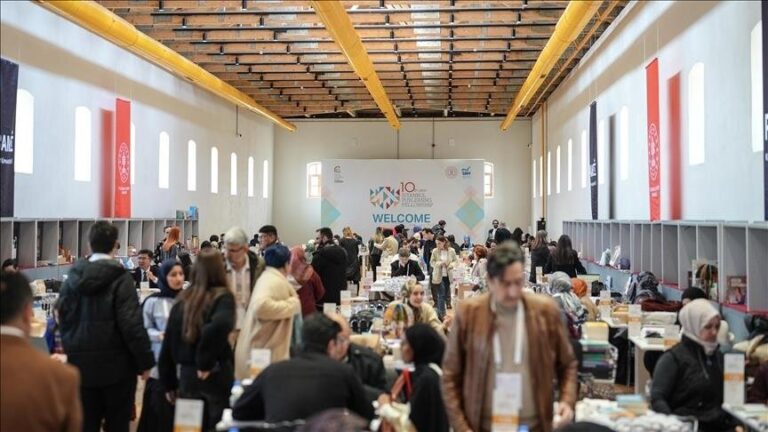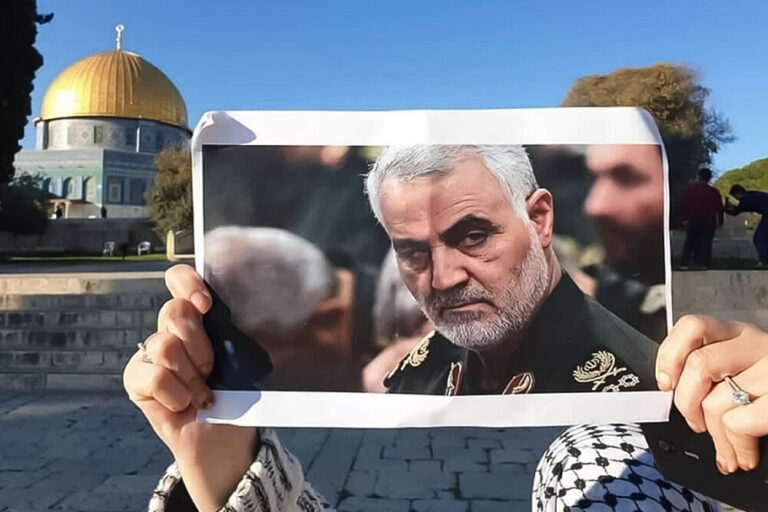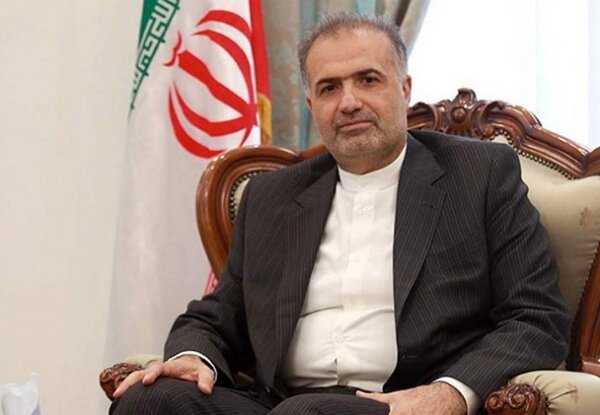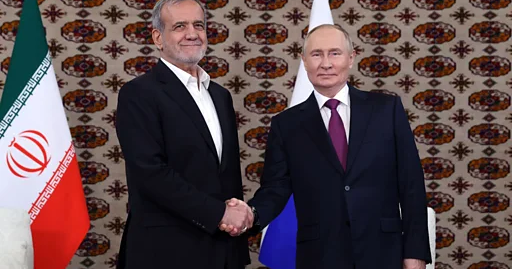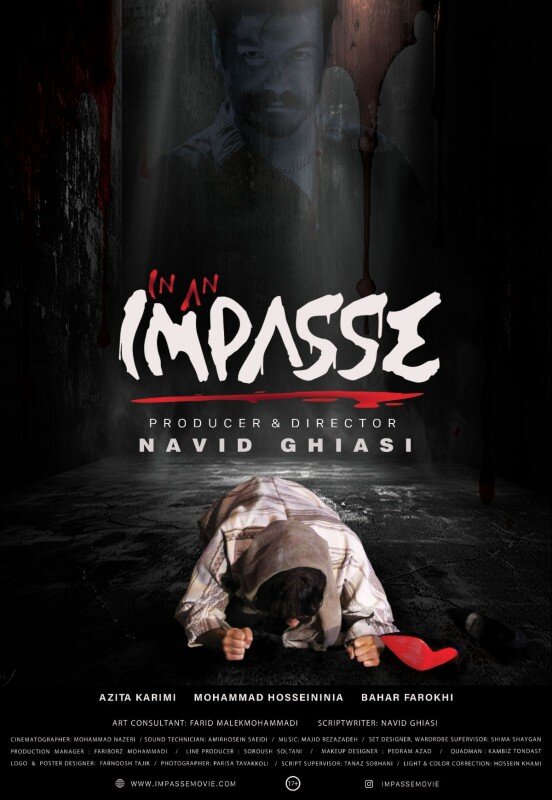Tehran Scholars Explore the Rich Literary Legacy of Rudaki
Rudaki is often recognized as the pioneer of New Persian poetry, marking a significant transition in the literary landscape of Persian literature. His contributions, particularly in the context of the Persian language’s revival after centuries of Arabic hegemony, were highlighted during a recent session at the National Library of Iran.
The event, titled “Literary Heritage of Rudaki,” was organized by the Association for Iranian Studies and the Institute for Iran-Eurasia Studies (IRAS). Nizamuddin Zahedi, Tajikistan’s ambassador to Iran, delivered an insightful presentation, emphasizing Rudaki’s role in shaping Persian poetry.
Key Highlights from the Session:
- Rudaki is credited with establishing the foundation of New Persian poetry.
- During the Tahirid and Saffarid periods, Persian poetry existed, but Arabic predominated as the language of culture and literature.
- Rudaki mastered various poetic forms, including qasida, qit’a, ghazal, mathnawi, and rubai.
- His works utilized diverse meters and literary embellishments, showcasing his poetic skill.
Zahedi elaborated on the historical context, stating, “In the first and second centuries A.H., Middle Iranian languages such as Pahlavi, Khwarezmian, Sogdian, and Bactrian gradually lost their speakers and faded into history.” He pointed out that during this era, Iranian scholars became proficient in Arabic prose and poetry, skillfully merging ancient Iranian traditions with Arabic literature.
He continued, “Another group of Iranians, led by Abdullah ibn al-Muqaffa, directly translated ancient Iranian literature into Arabic prose. Additionally, some Iranian poets rendered classical Iranian literary works into Arabic verse.” This translation effort laid the groundwork for the Persian revival, which took a significant leap during the Samanid era in the fourth century A.H.
The Impact of Rudaki on Persian Literature:
- The revival of Persian identity was closely tied to the resurgence of Persian literature during the Samanid era.
- Rudaki’s work was instrumental in establishing Persian as a literary language, paving the way for future poets.
- His invention of the rubai (quatrain) and focus on epics and myths greatly enriched Persian poetry.
Mahmoud Jafari-Dehghi, president of the Association for Iranian Studies, also spoke at the session, acknowledging Rudaki’s significant contributions. “His focus on the Khorasani style and the invention of the rubai are among his most notable achievements,” he commented.
Asghar Dadbeh, a professor of philosophy and mystical literature, emphasized the continuity of Iranian culture despite historical challenges. “The magnificent chain of Iranian culture continued after the Arab invasion and was not broken. Even in the first and second centuries, texts were written in Pahlavi,” he noted.
Dadbeh further discussed the repercussions of Rudaki’s dedication to Persian culture. “The reactionary faction affiliated with Baghdad persecuted Rudaki for his patriotism and Iranian nationalism, to the extent that he lost his eyesight,” he explained, shedding light on the personal sacrifices Rudaki made for his cultural beliefs.
Other prominent figures at the conference included Mehdi Sanaei, president of the IRAS Institute; Ali Ashraf Mojtahed Shabestari, Iran’s first ambassador to Tajikistan; and Shah Mansur Shah-Mirza, a noted Tajik researcher and poet.
Rudaki (858-940/41) is celebrated not only as a poet but also as a singer and musician, making him a pivotal figure in the history of Persian literature. As a court poet for the Samanids, he is believed to have composed over 180,000 verses, though only a fraction of his work has survived. Among his most recognized contributions is the versification of the Kalila wa-Dimna, a collection of Indian fables.
In conclusion, Rudaki’s legacy endures in both Iran and Tajikistan, where he is revered as the founder of New Persian poetry and the father of Tajik literature, respectively. His profound impact on the evolution of Persian literary traditions continues to inspire scholars and poets alike, underscoring the importance of preserving and celebrating this rich cultural heritage.
Photo: Tajikistan’s ambassador to Iran Nizamuddin Zahedi speaks at the Literary Heritage of Rudaki session in Tehran on February 2, 2025.
